July 25, 2024
Deciding whether to lease or buy your next industrial property is a significant decision that can impact your business operations, financial health, and future growth. Both options have their advantages and drawbacks, and the right choice depends on various factors, including your business goals, financial situation, and long-term plans. Here, we explore the key considerations to help you determine the best approach for your business.
Financial Flexibility and Capital Allocation
One of the primary advantages of leasing an industrial property is the financial flexibility it offers. Leasing typically requires less upfront capital compared to purchasing, allowing businesses to allocate funds to other critical areas such as inventory, equipment, and marketing. This can be particularly beneficial for startups and growing businesses that need to manage their cash flow carefully. Additionally, leasing can provide predictable monthly expenses, making it easier to budget and plan for future financial needs.
On the other hand, buying an industrial property can be a wise investment for businesses with sufficient capital. Owning property can offer long-term financial benefits, including property appreciation and potential tax advantages such as depreciation and mortgage interest deductions. Furthermore, owning property eliminates the risk of rent increases, providing more financial stability in the long run.
Control and Customization
When you own an industrial property, you have complete control over the space. This means you can make any necessary modifications or improvements to suit your business needs without seeking approval from a landlord. Ownership allows for greater customization, which can be crucial for businesses with specific operational requirements or those planning to implement long-term changes to the property.
Leasing, however, often comes with restrictions on modifications and alterations. Tenants usually need to obtain landlord approval before making significant changes to the space. While this can be a limitation, many leases allow for some degree of customization, and landlords may be willing to accommodate tenant requests, especially for long-term leases.
Flexibility and Mobility
Leasing offers greater flexibility and mobility compared to buying. If your business needs change or you need to relocate, it is generally easier to move at the end of a lease term than to sell a property. This flexibility can be advantageous for businesses in rapidly changing industries or those experiencing uncertain growth patterns. Leasing allows businesses to adapt quickly to market conditions without the long-term commitment of property ownership.
In contrast, owning an industrial property ties your business to a specific location. While this can provide stability, it may also limit your ability to respond to changing business needs or market opportunities. Selling a property can be a time-consuming and complex process, potentially delaying your ability to relocate or expand.
Maintenance and Responsibility
When leasing an industrial property, the landlord is typically responsible for maintenance and repairs, reducing the burden on your business. This can save time and resources, allowing you to focus on core business activities. However, it is essential to understand the terms of the lease, as some maintenance responsibilities may still fall on the tenant.
Ownership, on the other hand, places the responsibility for maintenance and repairs squarely on your shoulders. While this allows for complete control over the property's upkeep, it also requires a commitment of time and resources. Businesses must be prepared for unexpected repair costs and ongoing maintenance expenses.
Long-Term Considerations
Ultimately, the decision to lease or buy an industrial property should align with your long-term business strategy. If your business plans to remain in the same location for an extended period and has the financial stability to support a purchase, buying property can be a sound investment. Ownership can provide long-term cost savings and potential appreciation in property value.
Conversely, if your business values flexibility, anticipates significant changes, or prefers to preserve capital for other investments, leasing may be the better option. Leasing allows you to adapt to changing business needs and market conditions without the long-term commitment of property ownership.
In conclusion, both leasing and buying industrial property have their advantages and challenges. Carefully evaluating your business goals, financial situation, and long-term plans will help you make an informed decision that best supports your business's growth and success.


